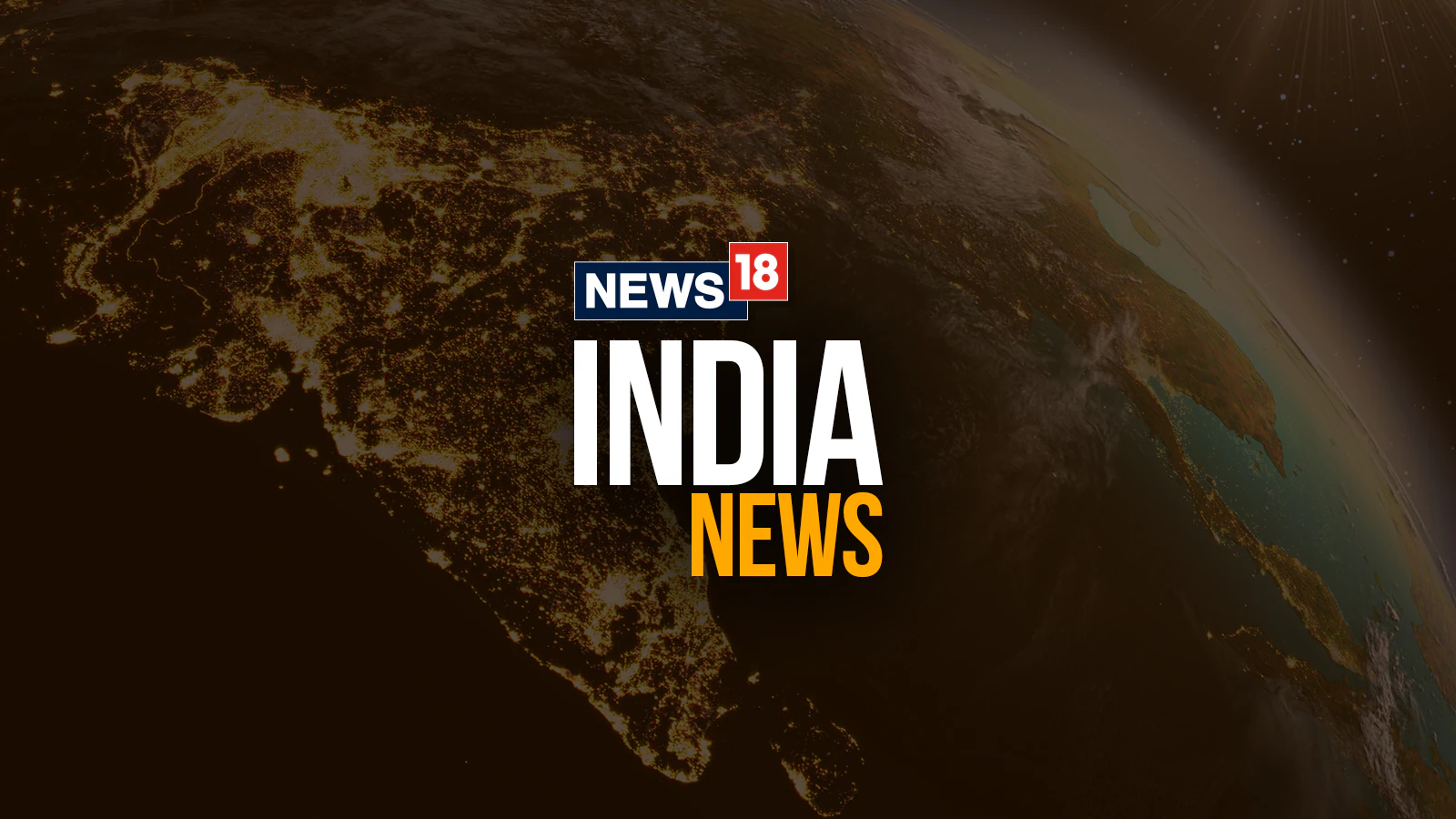By Editor
Copyright iafrica

Strive Masiyiwa isn’t chasing the next viral app or flashy startup. The Zimbabwean billionaire, who once shattered telecom monopolies with Econet Wireless, is now building something far less sexy but infinitely more critical: Africa’s digital backbone. Through his Cassava Technologies group, he’s laying the foundation for a continent-wide digital nervous system, one that could let African nations control their data destiny instead of leasing it from global tech giants. In a region where shaky internet can stall a doctor’s diagnosis or a farmer’s market deal, this is no small feat. It’s the quiet scaffolding for digital public infrastructure (DPI), the plumbing that could redefine how Africa governs, heals, and thrives.
DPI isn’t just jargon for policy nerds. It’s the open-source framework that lets governments deliver services without reinventing the wheel: think digital IDs that unlock healthcare records, instant payment systems that rush aid to drought-hit farmers, or data exchanges that catch fraud before it drains public coffers. Across Africa, where over half the population still wrestles with patchy connectivity, DPI could be the great equalizer. Yet, as a recent ODI report points out, only a handful of countries, like South Africa with its integrated financial systems or Nigeria with its BVN biometrics, have robust DPI setups. The missing piece? Reliable connectivity, secure local storage, and the computational muscle to make it all hum.
That’s where Masiyiwa steps in, wielding Cassava Technologies like a master builder. Through Liquid Intelligent Technologies, he’s rolled out over 100,000 kilometers of fiber optic cables across more than a dozen countries, linking remote villages to buzzing urban centers. These aren’t just cables; they’re the lifelines pumping data to schools, hospitals, and government offices that once limped on dial-up. Then there’s Africa Data Centres, Cassava’s network of facilities that store everything from bank records to patient scans on African soil. This is DPI’s bedrock: local, secure data hubs that sidestep the risks of foreign clouds, where privacy laws can clash and latency lags slow things to a crawl. As Masiyiwa told Africa Business Insider, “We don’t want to be users any more than we want to be used.” It’s a rallying cry for data sovereignty, a cornerstone of DPI that ensures African nations keep their sensitive citizen info close.
But Masiyiwa’s vision doesn’t stop at wires and servers. He’s diving headfirst into AI, plowing $720 million into five “AI factories” across South Africa, Nigeria, Kenya, Egypt, and Morocco. Each is packed with 3,000 Nvidia GPUs, forming the Sovereign AI Cloud, a powerhouse for training models that can spot crop diseases or predict health crises without shipping data overseas. For DPI, this is a game-changer. Imagine public health systems using local AI to track outbreaks faster than a Lagos traffic jam clears, or financial regulators deploying fraud alerts that actually work. Universities and startups are already clamoring for access, hinting at a ripple effect that could democratize AI, currently a luxury for just 5% of Africa’s talent pool.
This isn’t a solo gig. Partnerships with Microsoft, Google, AWS, Anthropic, and Nvidia are fueling Cassava’s growth, while the International Finance Corporation’s recent cash injection is upgrading fiber and data centers in key markets. It’s a pragmatic nod to what the Gates Foundation has long preached: DPI thrives when foundational systems like payments and IDs plug into robust, pan-African networks. Masiyiwa’s infrastructure is the glue, enabling applications from AI-powered banking for the unbanked to edtech platforms beaming lessons to off-grid kids.
Challenges abound, of course. Power outages can idle those shiny supercomputers, hardware shipments get stuck in port bottlenecks, and Africa’s engineer pool is thinner than a startup’s first budget. Regulatory chaos doesn’t help either, with data privacy rules varying wildly across borders. Global giants like Amazon and Google are also planting their own data centers in Africa, but Masiyiwa’s edge is his decades-long groundwork: fiber first, then the high-tech toys. His Pan-African approach, rooted in local control, sets him apart from foreign players who often treat Africa as a market to mine, not a mosaic to connect.
Skeptics might argue this is just a tycoon chasing profits with a side of philanthropy. Sure, Cassava’s eyeing big returns, but in a continent where diaspora remittances outstrip foreign investment, Masiyiwa’s hustle feels like a sharp counter to tech colonialism. “We want to fully participate in the economic opportunity,” he says, and his track record suggests he’s not bluffing. From toppling telecom monopolies to wiring up DPI’s future, he’s proving Africa can build its own digital highways. With Cassava’s cables humming and AI factories spinning, Masiyiwa’s not just constructing an empire; he’s handing Africa the keys to drive its digital destiny.



